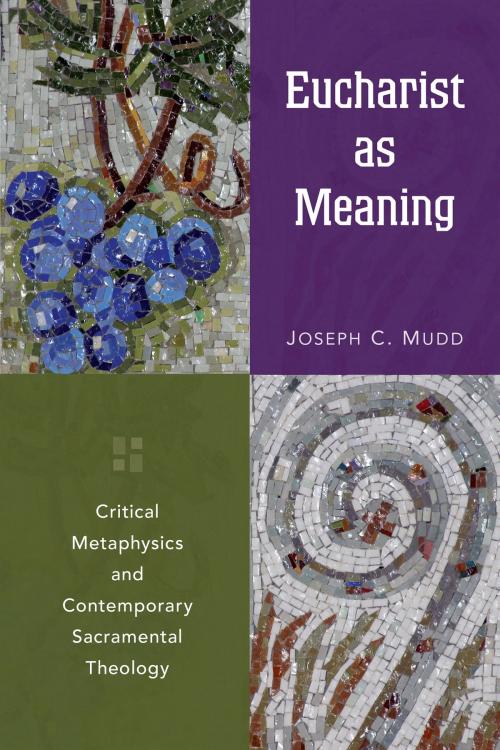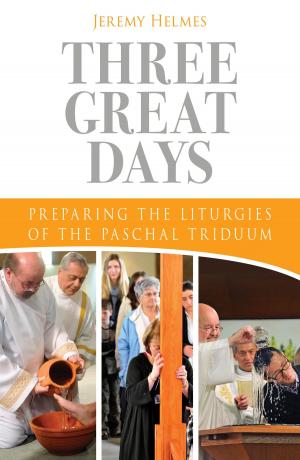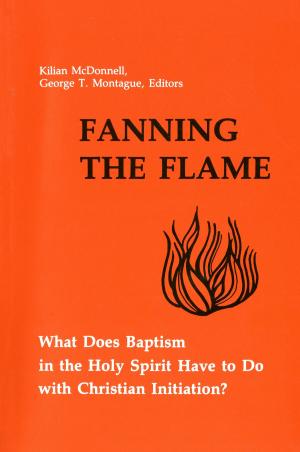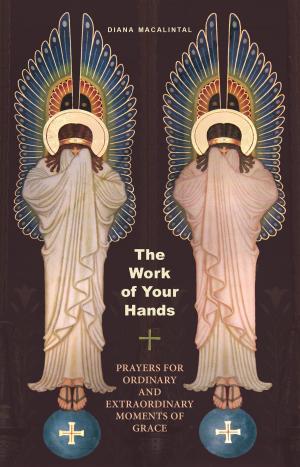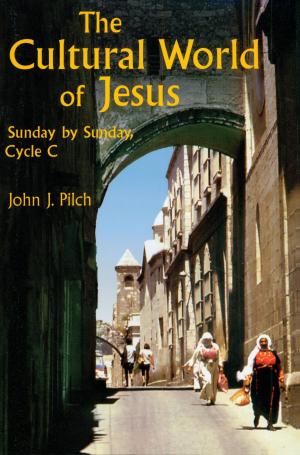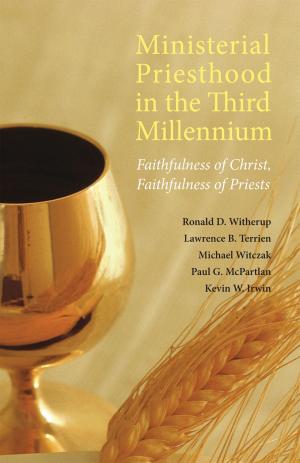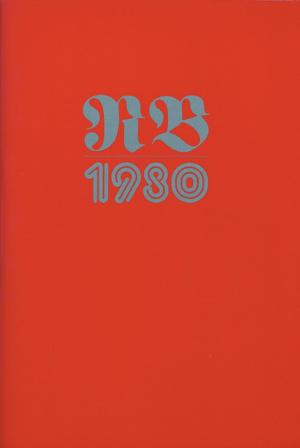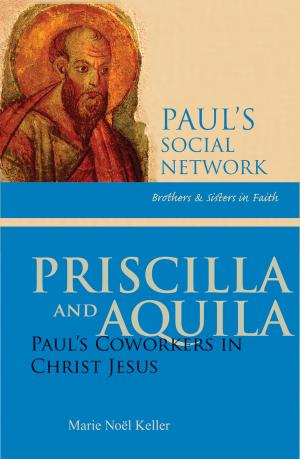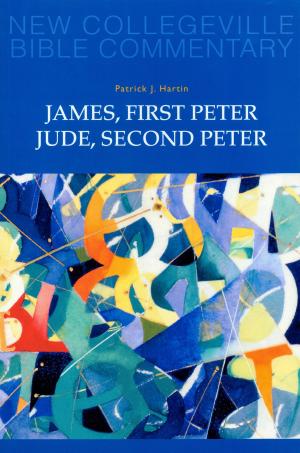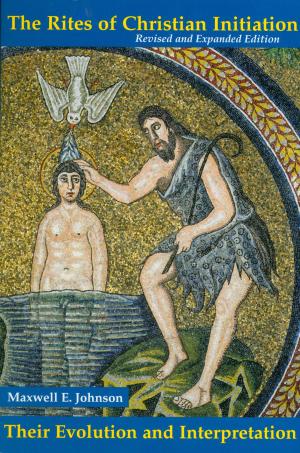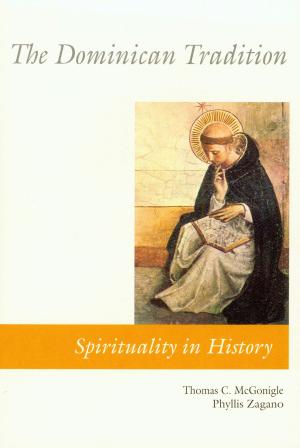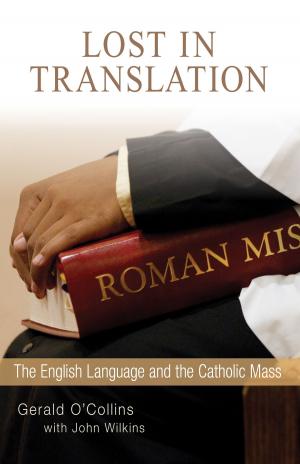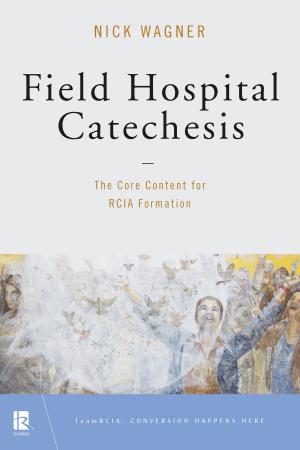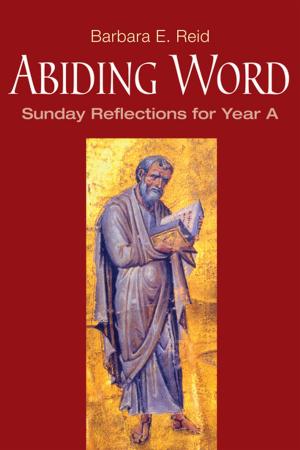Eucharist as Meaning
Critical Metaphysics and Contemporary Sacramental Theology
Nonfiction, Religion & Spirituality, Reference, Ritual & Practices, Christianity| Author: | Joseph C. Mudd | ISBN: | 9780814682463 |
| Publisher: | Liturgical Press | Publication: | June 26, 2014 |
| Imprint: | Michael Glazier | Language: | English |
| Author: | Joseph C. Mudd |
| ISBN: | 9780814682463 |
| Publisher: | Liturgical Press |
| Publication: | June 26, 2014 |
| Imprint: | Michael Glazier |
| Language: | English |
This study moves beyond postmodern trends in Catholic eucharistic theology by exploring the works of Bernard Lonergan and Louis-Marie Chauvet: “Having learned from both Chauvet’s critique of metaphysics and Lonergan’s development of a critical metaphysics, we hope to offer a fruitful understanding of traditional eucharistic doctrines that is able to respond to some contemporary problems and shed some light on the great mystery that stands at the center of Christian worship” (from the introduction).
Postmodern theologians have been critical of using metaphysics to interpret the presence of Christ in the Eucharist, liturgical sacrifice, and sacramental causality, preferring instead a symbolic approach. Lonergan’s critical metaphysics, however, offers an account of knowing and being that resists attempts to pit metaphysics against the symbolic and moves sacramental theology into the real world of meaning. The result is a theology of the Eucharist grounded in tradition that speaks to today’s believers.
This study moves beyond postmodern trends in Catholic eucharistic theology by exploring the works of Bernard Lonergan and Louis-Marie Chauvet: “Having learned from both Chauvet’s critique of metaphysics and Lonergan’s development of a critical metaphysics, we hope to offer a fruitful understanding of traditional eucharistic doctrines that is able to respond to some contemporary problems and shed some light on the great mystery that stands at the center of Christian worship” (from the introduction).
Postmodern theologians have been critical of using metaphysics to interpret the presence of Christ in the Eucharist, liturgical sacrifice, and sacramental causality, preferring instead a symbolic approach. Lonergan’s critical metaphysics, however, offers an account of knowing and being that resists attempts to pit metaphysics against the symbolic and moves sacramental theology into the real world of meaning. The result is a theology of the Eucharist grounded in tradition that speaks to today’s believers.
